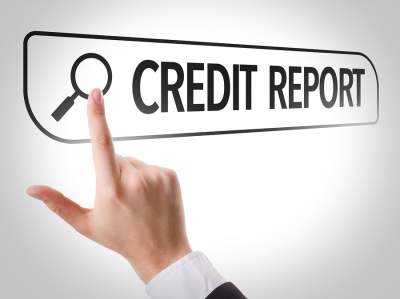What is a Credit Score?
|
A credit score is a number usually from 300 to 850 based on the information contained in an individuals credit report. There are three main credit reporting agencies and each have their own scoring system based on secret formulas. The big three are Experian, Equifax, and TransUnion. Many lenders run a combined reports which pulls data from all three companies, especially for large amounts such as mortgages.
The mostly widely used system is called the "FICO" score as developed by the Fair Issac Corporation, a for profit company. Lending institutions use credit scores to measure the risk involved with loaning money to an individual seeking to borrow money. The FICO scores scale is from 300 to 850. The higher the number the better the credit score.. The main criteria used in determining your FICO score are illustrated in the numbers below. |
Credit Score factors
- Payment History 35%
- Amounts owed 30%
- Length of credit history 15%
- New credit 10%
- Types of credit used 10%
Can I get a free credit report?
Yes- You are entitled to a free credit report from each of the 3 major credit reporting agency annually, pursuant to Federal Law. You can run all three at the same time or stagger them every few months. Although federal law allows you to view your credit report you are not entitled to the score for free. That being said you can generally gauge the health of your credit report/score by how many accounts are in good standing vs. bad standing. A great place to access your credit report for free without having to enter a credit card is www.annualcreditreport.com.
What is considered a good credit score?
A good credit score goal is often considered to be 720 or higher. Your credit score is not a static number nor does it automatically disqualify you from obtaining a loan. Each time you make a timely payment your score may tick up. On the flip side each time you miss a payment, make only the minimum payment, or simply even apply for new credit your score may tick down. Good credit is important even if you do not want or need or want credit. Credit scores impact car insurance rates, homeowner insurance rates, and many employers consider credit scores when reviewing job applications. In the end, those seeking to borrow money should expect to pay higher interest or even experience outright denial with a credit score considered high risk as defined by the particular lending institution.

